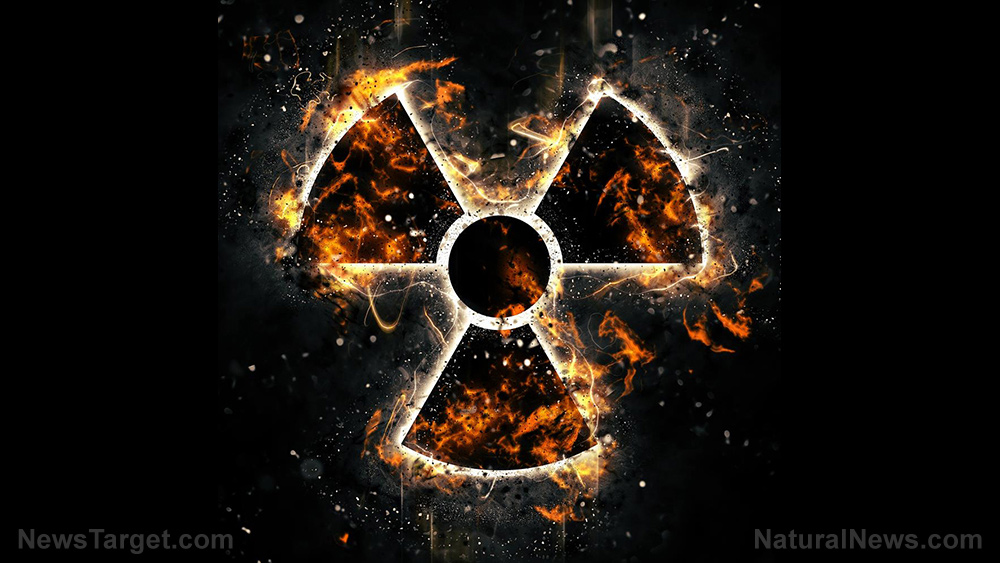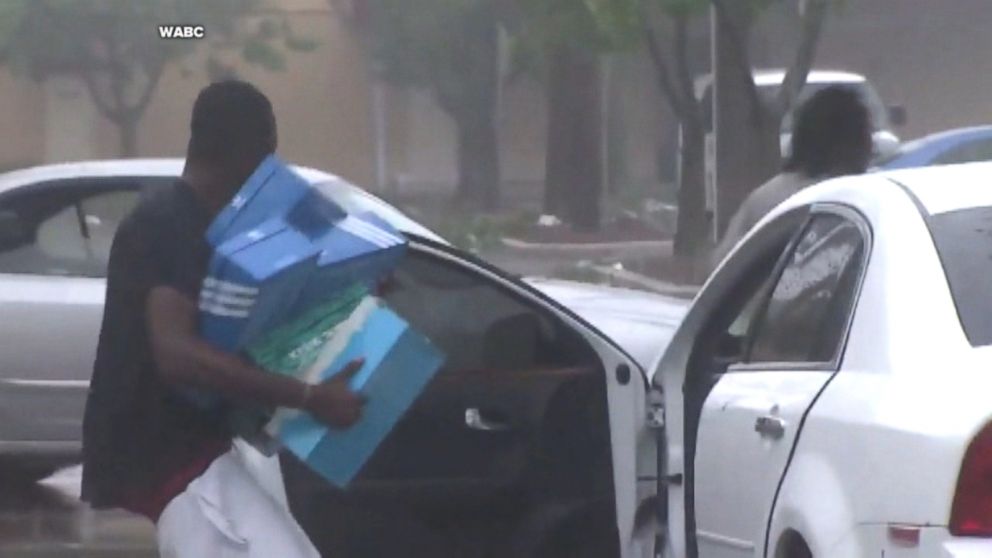 Parler
Parler Gab
Gab
Scary nuclear explosion repercussions
The possibility of a nuclear disaster is real as confirmed by the authorities and experts. "What we have here with the military involvement is very difficult. If multiple catastrophic factors come together, an explosion might be possible," Ross Peel, research and knowledge transfer manager at King's College London (KCL), told Al Jazeera. MV Ramana, a University of British Columbia's School of Public Policy and Global Affairs professor, noted that the reactors in the nuclear plant need to be constantly cooled by water passing through them. "If that water stream is cut out, cut down, cut off in some fashion, the reactor could lose cooling and the fuel will start melting. It will create high pressure and the thing can explode," he said. Experts say the radiation leak impact could be felt for a long time. Diseases from an explosion include an acute radiation poisoning and cancers that could manifest later. "People who are exposed to not quite so great amounts may still suffer from acute radiation poisoning and recover. This happens over days to weeks, maybe months. For people exposed to lower levels of radiation, there may be greater numbers of cancer cases coming later over the following years to decades," Peel said. Meanwhile, Amelie Stoetzel, a Ph.D. student at the KCL Department of War Studies, said they are mostly scared of radiation release, not necessarily of an explosion, as it would be catastrophic and unpredictable. "We don't really know where the plume [containing radioactive material] would go. It can go anywhere really depending on the weather conditions," she added. Due to the plant's geographical location, a radiation release could hit any part of the European continent. Watch the below video where Russia's envoy to IAEA warned that the fallout could be truly devastating if Zaporozhye plant gets damaged. This video is from the High Hopes channel on Brighteon.com.More related stories:
Russian political scientist warns "nuclear war is coming" if the West keeps escalating conflict in Ukraine. Russia warns that NATO's proxy war in Ukraine poses "serious, real" threat of NUCLEAR war. UN secretary-general: World is facing a nuclear danger not seen since Cold War. Assessment forecasts "nightmare scenario" of nuclear World War III over rising potential for operational miscalculation regarding Ukraine.Sources include:
RT.com RFERL.org NPR.org AlJazeera.com Brighteon.comFlash mob of looters ransack a convenience store in Los Angeles
By Belle Carter // Share
Gregory Mannarino: Biden’s Inflation Reduction Act to bring back FEUDALISM in America
By Belle Carter // Share
MEGADROUGHT leaves Texas cattle raisers torn between selling now or holding on
By Belle Carter // Share
Europe’s natural gas prices shoot up to record highs as Gazprom announces another pipeline shutdown
By Arsenio Toledo // Share
Russia’s destruction of the Ukraine military
By News Editors // Share
Russian FSB identifies alleged Dugina assassin
By News Editors // Share
Governments continue to obscure COVID-19 vaccine data amid rising concerns over excess deaths
By patricklewis // Share
Tech giant Microsoft backs EXTINCTION with its support of carbon capture programs
By ramontomeydw // Share
Germany to resume arms exports to Israel despite repeated ceasefire violations
By isabelle // Share










